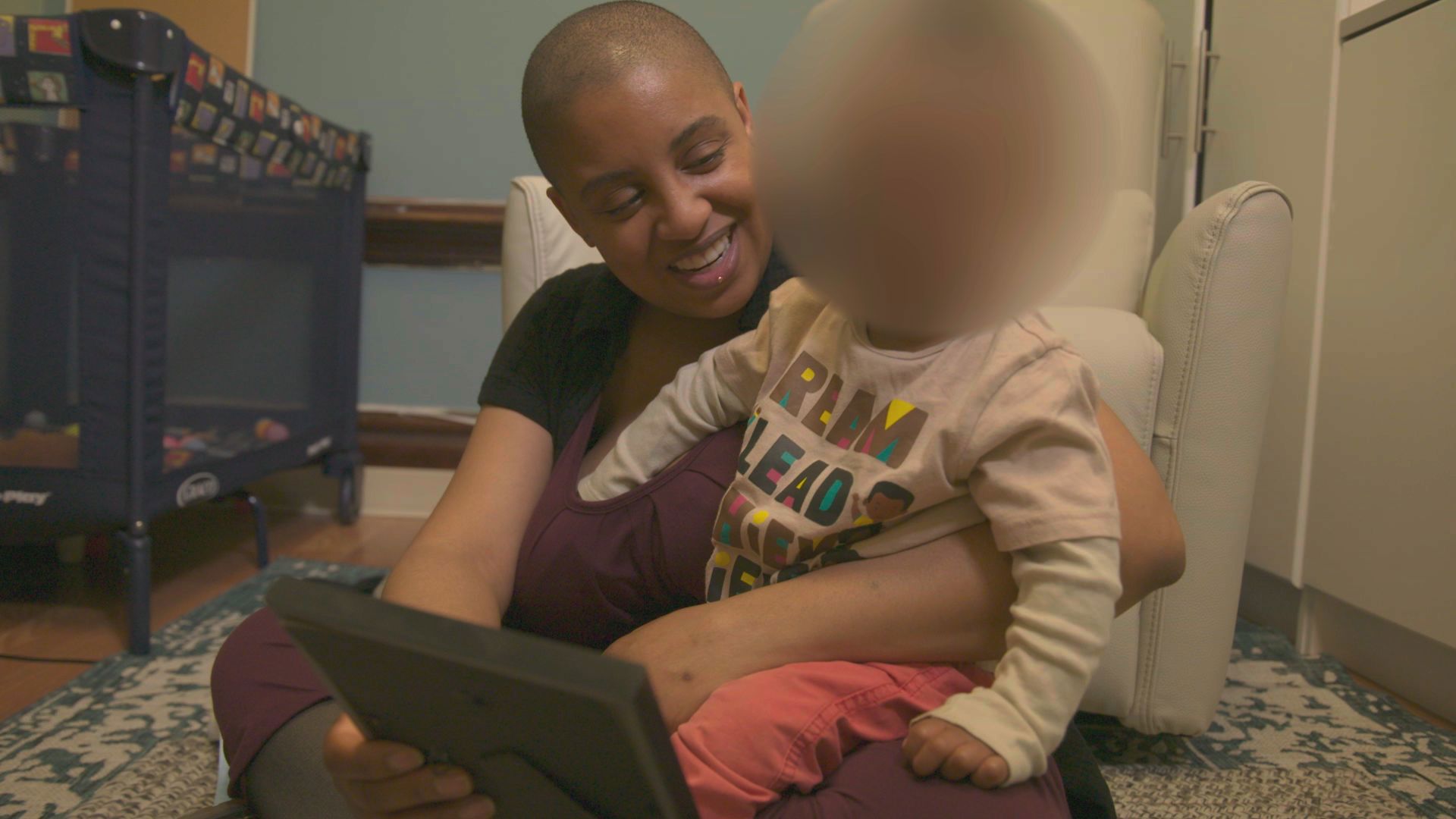SEATTLE — Motherhood was a life-long dream for Kristin Travis. As a single parent, she planned out her pregnancy and she thought she was prepared. She wasn't.
"What's the Mike Tyson quote? 'Everybody has a plan until they get punched in the face,'" Travis said. "Yeah, I got hit, I got knocked down a little bit."
As a professional doula, Travis said she knew to expect the physical changes of pregnancy, but not the mental ones.
"The worst of it I think were the intrusive thoughts," Travis said.
Travis said her mental health got so bad because her first care team dismissed her initial concerns. She said she felt they were solely focused on the baby's well-being, not her.
A 2024 study shows Travis' experience is common for pregnant people of color.
Dr. Tanya Taiwo is a professor of midwifery at Bastyr University and one of the study's authors.
"We're thinking of reframing the way we provide care in a more comprehensive way," Taiwo said.
Taiwo’s national study has shown that Black and Indigenous women have the hardest time getting mental health care during and after pregnancy. The study found Latinas reported the lowest rates of postpartum screening for depression.
"I don't think you ever come out of a space where it's not disappointing to hear these things, but is it surprising?" Travis said, reacting to Taiwo's study. "No."
Taiwo said lack of support is partially to blame for the statistics. She said support is lacking not just for the mothers but also for the providers.
"Many providers indicate that, 'I don't know what I would do with the information,'" Taiwo said. "'Many of my patients don't have comprehensive insurance, so I don't have anywhere to refer them.'"
On top of that, Travis said honesty has backfired on women of color before. She's seen it in her practice as a doula that women of color feel there's too much at stake to tell the truth.
They worry, if they appear mentally unstable, their children could be taken away.
"You know some people will say 'I've got this mental situation going on I might need help, I might need support,'" Travis said. "And they have to fear is somebody going to call CPS, 'Is somebody going to say that I'm unfit?'"
Travis added she was lucky, as she found new providers in the second half of her pregnancy who took the time to ask "How are you?"
"They really made you feel like you were welcome in that space," Travis said. "When you're talking to somebody who looks like you and comes from where you come from and understands what's going on, that takes the weight off right there."
Even now with her bundle of joy — not all days are sunshine and rainbows. However, she said she is doing better now. She was able to get to a good mental spot after receiving a referral from her second care team for a counselor.
Travis said she hopes through studies like Taiwo's changes will be made for all pregnancies to come.
"This stuff is really going on, it's not just one person saying it, it's not just these people over there complaining," Travis said. "This is a real thing and this is really happening and it really is causing harm and maybe there's something we can do about it."
For more information on Taiwo's study, you can find the full study here.

